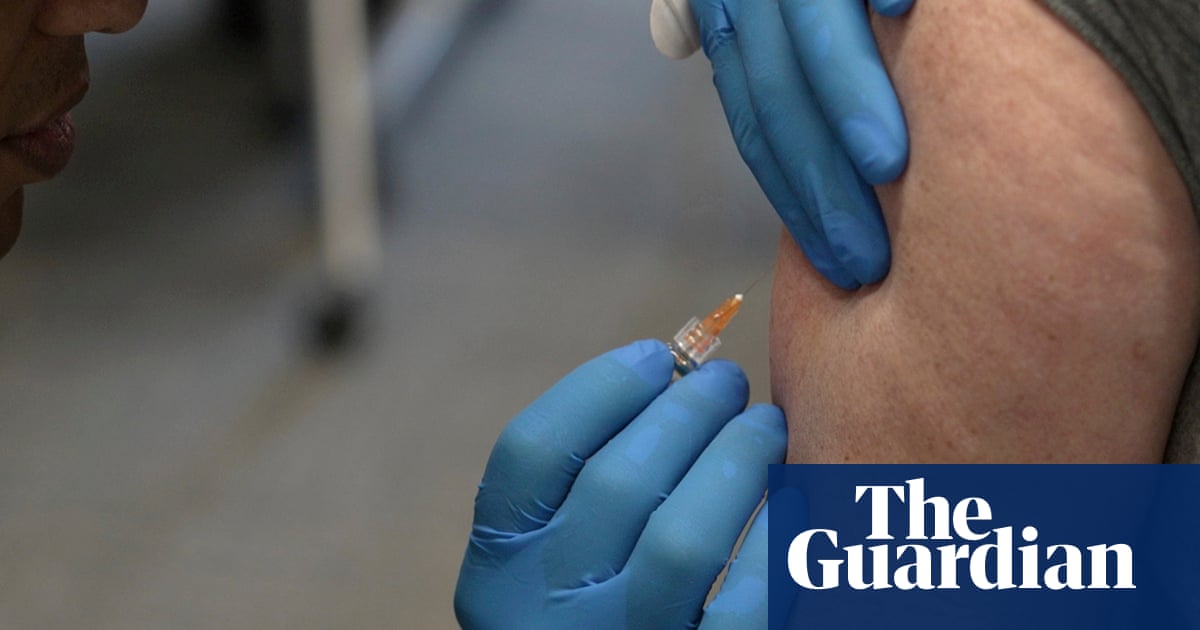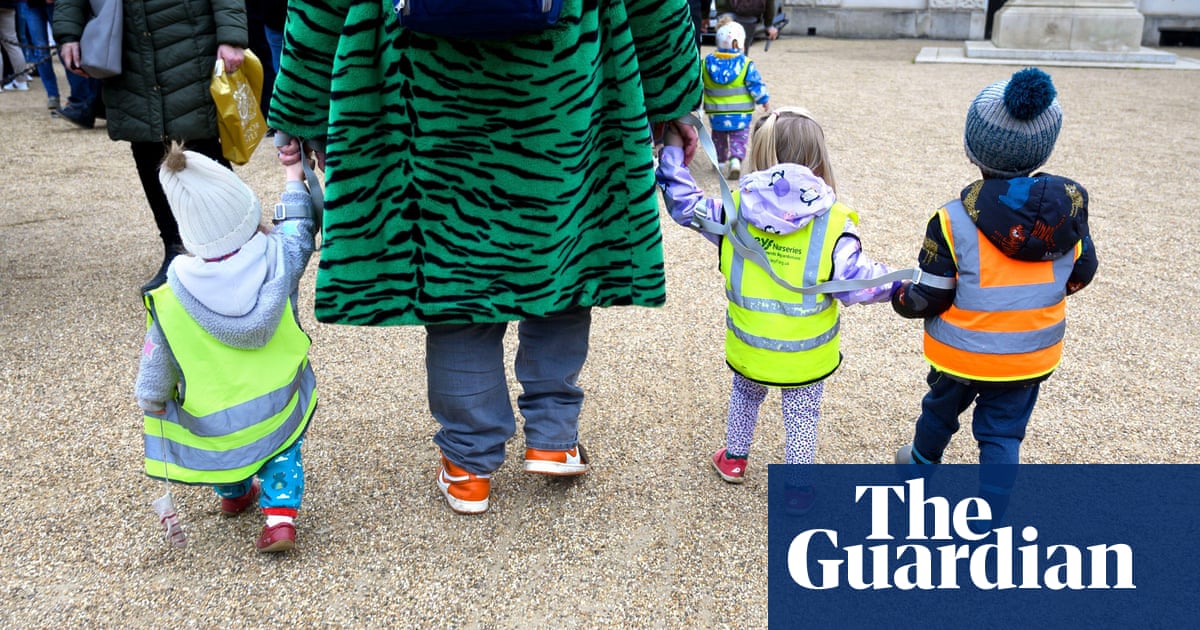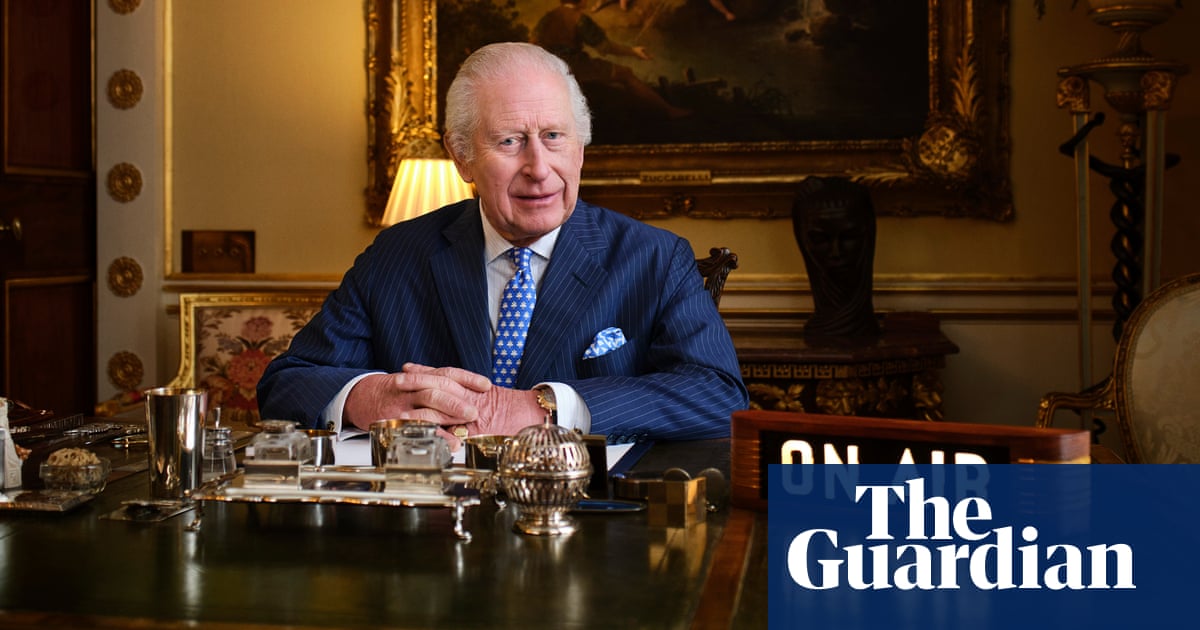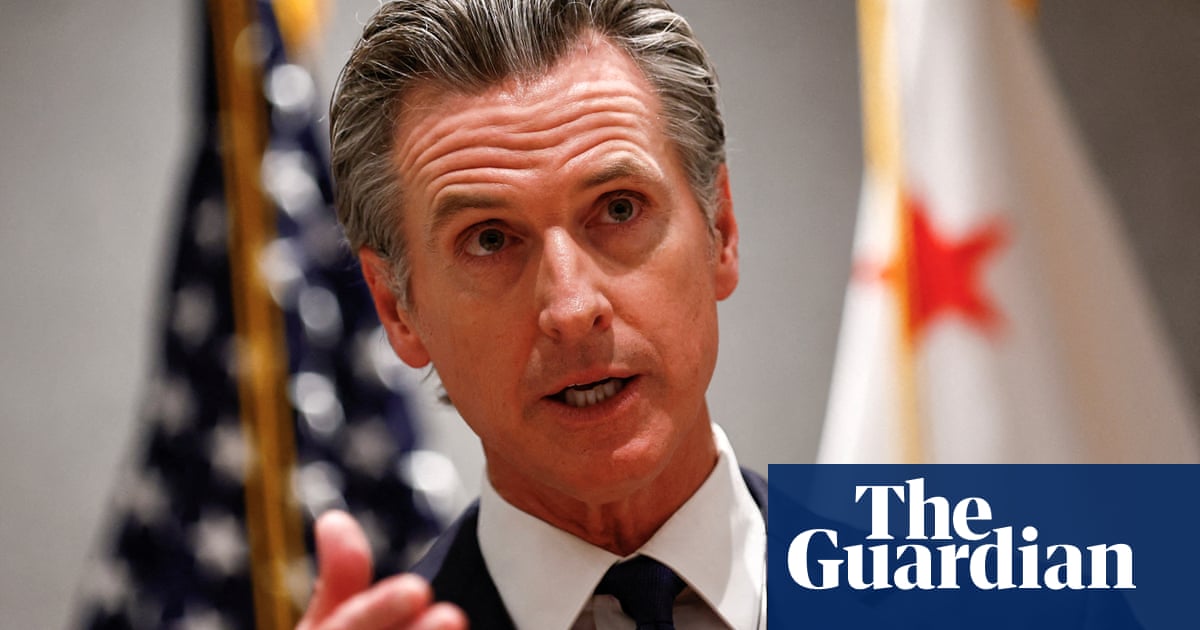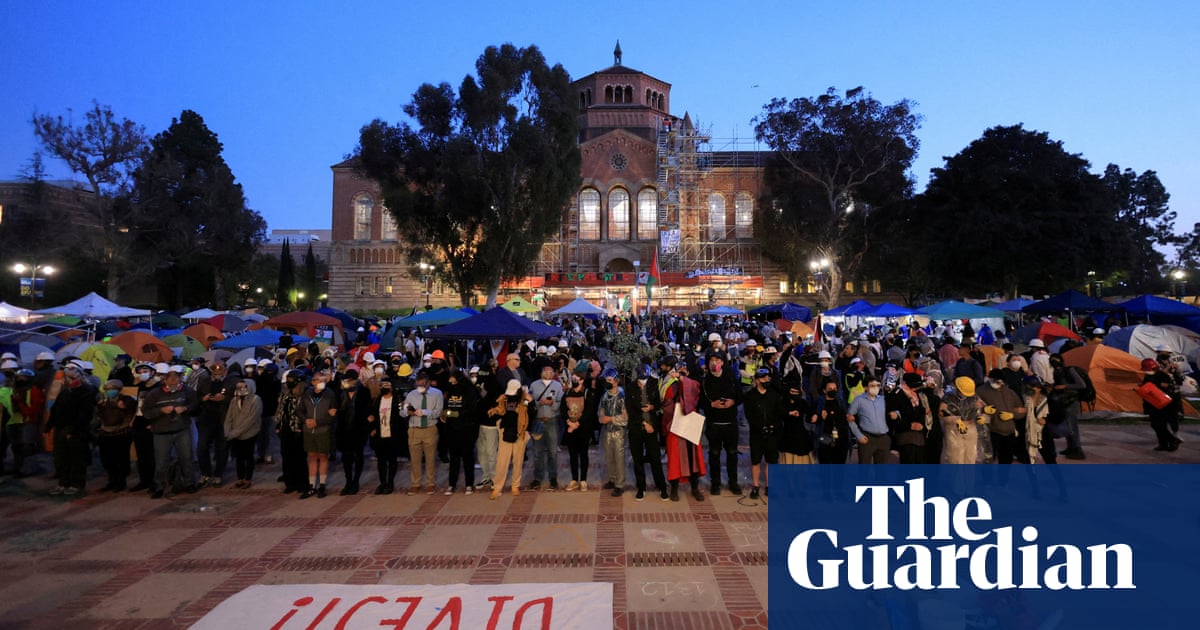As a lay minister in Newcastle diocese, I strongly supported Helen-Ann Hartley’s call for the archbishop of Canterbury to resign (Bishop calls for Justin Welby to resign over failure to pursue serial abuser, 11 November), and I am relieved he has done so. For almost 40 years, since the abuse scandal surrounding the Nine O’Clock Service in Sheffield, the Church of England has attempted to ignore, minimise or deny the suffering caused by abuse in church settings. The leader of that church is awaiting trial on 34 counts of sexually abusing women (which he denies).
Meanwhile, while awaiting the publication of the Smyth review, Fiona Scolding KC and Ben Fullbrook published a report into the Soul Survivor church, commissioned after the national safeguarding team (NST) stated that its leader, Mike Pilavachi, “used his spiritual authority to control people and that his coercive and controlling behaviour led to inappropriate relationships, the physical wrestling of youths and massaging of young male interns”.
Their report has its flaws, but they were hampered in their research partly because the Church of England NST did not share all, or even most, of the information in its possession. However, the report makes clear that senior figures in the church had been told about Pilavachi’s inappropriate behaviour as long ago as 2004, but failed to stop him. As with Smyth, Welby was a friend and admirer of Pilavachi. In 2020 he presented him with the Lambeth award for “outstanding contributions to evangelism and discipleship amongst young people”, which was revoked after an online petition.
Prior to publication of the Scolding report, the church authorities had already concluded that no criminal offence was committed, presumably as those abused were over the age of consent, therefore there was no need to involve the police. To my mind, this demonstrates that the church hierarchy has a fundamental misunderstanding of the nature of abuse as well as the laws relating both to harassment and coercive control. Until this changes, nothing else will change.
Pam Walker
Hartburn, Northumberland
The idea that morality flows from religion has received a major setback in the public perception in recent years, with the well-documented incidence of paedophilia and child molestation among Catholic priests – first exposed by the Boston Globe in 2002, and again in May 2014 when the Vatican revealed that over the past decade, it had defrocked 848 priests who raped or molested children and sanctioned another 2,572 with lesser penalties. In the UK, the independent inquiry into child sexual abuse said that between the 1940s and 2018, 390 Church of England clergy members or people in positions of trust were convicted of child sex offences.
How much more evidence do we need to convince us that children should not be subjected to the frightfulness of the Christian religion in our schools?
Doug Clark
Currie, Midlothian
The presence of C of E bishops in the House of Lords should be terminated forthwith. It was increasingly difficult to justify their elevated status, given the decline in people identifying as Christian to well below 50% of the population. Now the remnants of their moral authority are absolutely shredded, it is an affront to common decency for them to remain in the Lords.
John van Rooyen
Marcross, Vale of Glamorgan

.png) 3 months ago
26
3 months ago
26
